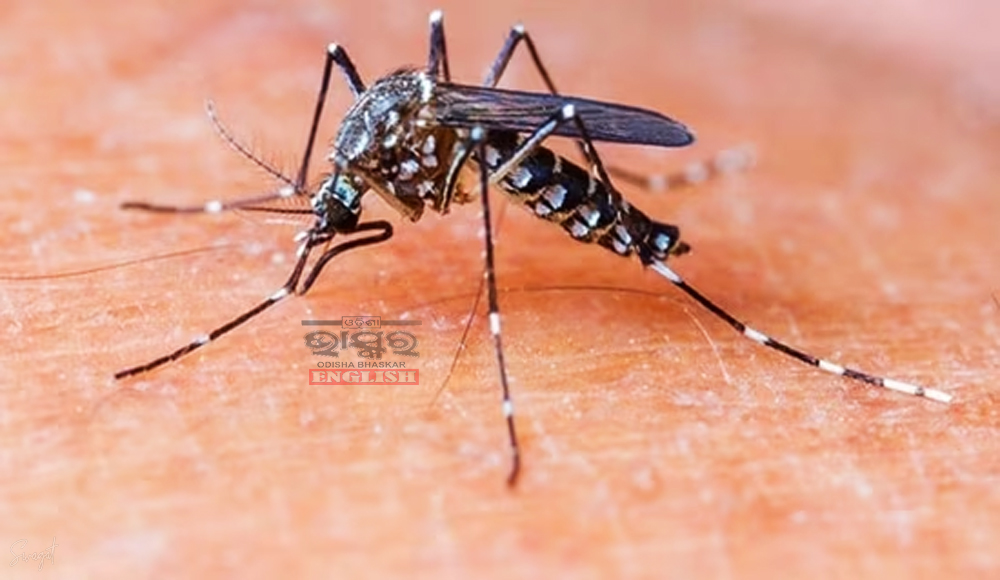New Delhi: The Indian Council of Medical Research (ICMR) and Panacea Biotec have commenced the first-ever Phase 3 clinical trial for an indigenous dengue vaccine in India. The trial will assess the effectiveness of DengiAll, a tetravalent dengue vaccine developed by Panacea Biotec.
The first volunteer was vaccinated at Pandit Bhagwat Dayal Sharma Post Graduate Institute of Medical Sciences (PGIMS) in Rohtak, as per the Ministry of Health and Family Welfare.
Union Health Minister JP Nadda commended the trial as a significant step in India’s fight against dengue. He said that this collaboration highlights India’s progress in vaccine research and aligns with the vision of Atmanirbhar Bharat in healthcare.
The Phase 3 trial, a joint effort between ICMR and Panacea Biotec, will be conducted across 19 sites in 18 states and union territories, involving over 10,335 healthy adults. The trial will track participants for two years to evaluate the vaccine’s long-term efficacy and safety.
Dengue remains a major public health concern in India, with 19,447 cases and 16 deaths recorded by April 2024, according to the National Centre for Vector Borne Diseases Control. Currently, there is no antiviral treatment or licensed vaccine available for dengue in India, making the development of an effective vaccine crucial.
Panacea Biotec is leading the development of this vaccine, having completed successful Phase 1 and 2 trials in 2018-19. The company holds a process patent for its vaccine formulation, which has shown promising results in earlier trials.
Additionally, Japanese pharmaceutical company Takeda is preparing to conduct bridging trials in India for its dengue vaccine, Qdenga, which has demonstrated over 50% efficacy in reducing dengue cases globally.




Comments are closed.